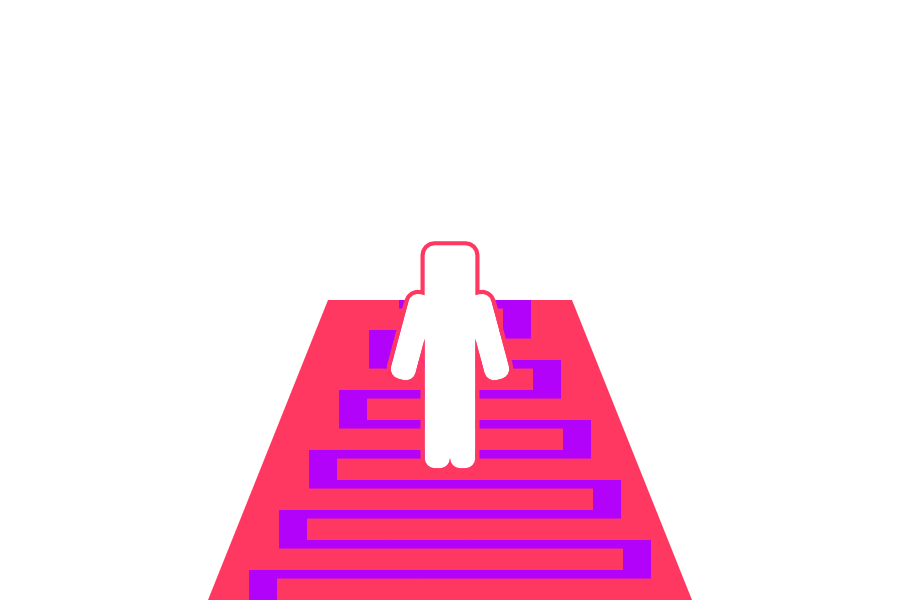I remember a time during high school when I sat in my room doing work at my table. My mother walked in, and we talked for around 15 to 20 minutes. Except, she wasn't actually there. When I looked carefully enough, I realized that I was hallucinating because I hadn't slept for almost two entire days.
Nowadays, I find myself exasperated. Every year I've been at Penn, I've seen the same thing: students, specifically first years, with increasingly declining mental health. One of the main reasons? They compare themselves to others. More precisely, they feel like they aren't doing enough.
We all compare ourselves to others. It's natural, I know. Even as someone who's pretty involved at Penn, I've found myself guilty of this. I try my best not to think that way. Yet, as I've been preparing to apply to fellowships lately, I can't help but feel like I'm not doing enough. I see all these great people here at Penn and all the fantastic things they're doing, and I honestly feel bad.
That's part of the problem. Growing up, I placed my worth in the work that I did. I prided myself on always "being on the grind," and enveloped myself in "hustle" culture. I even bragged about how little sleep I got. Once, I almost passed out while walking down my high school hallways. Looking back, that was pretty messed up. I'm glad I grew out of that phase and learned that you could both work hard and take care of yourself simultaneously.
While that sleep deprivation example may seem like more of an extreme case, sometimes I don't feel like it's outlandish. People at Penn will cite how much they got done because they skipped meals to work instead. They'll post their back–to–back energy drink cans on social media like they're trophies. They'll say, matter–of–factly, that you're just wasting time and energy if you're not doing something productive. People feel like they need to be constantly doing something, and everything, to be good enough when that simply is not true. Not only that, but they may put you down or think less of you if you don't adhere to this unrealistic standard too.
Students actively contribute to this toxic, "hyperproductive" work culture whether they know it or not. We can even extend this to Penn's social culture: Some people treat the "play hard" in "work hard, play hard" as more of an obligation than an option. They're surprised when you tell them you haven't done anything all day or all weekend. They give you weird looks when you tell them you don't want to go out at night, or even that you want to go to sleep. They still brag about how little sleep they get for some bizarre reason (sleep deprivation is not impressive). Combine that with the rigor and prestige of Penn, as well as the American expectation that young people should know what they want to do in college and in life, and you have everyone feeling inadequate and like they should always be on the grind.
Recently, I watched a YouTube video by the vlogbrothers. One of the quotes from the video was, "You will always struggle with not feeling productive, until you accept that your own joy can be something you produce." It resonated with me because people don't often see taking care of themselves as being productive, yet we must do so. We can only do our best work when we are in our best condition.
In the end, you don't need to derive your self–worth from your involvements and achievements. None of us should have to feel bad or guilty that we're not doing enough. We're not robots or machines—we're human beings. We all get tired. We all need rest. Most importantly, we all need to take care of ourselves.
When was the last time someone told you that simply existing is enough? I'm telling you that now. You deserve to exist, period. You don't have to justify it. Let yourself exist, and know that it is perfectly okay to do so.







